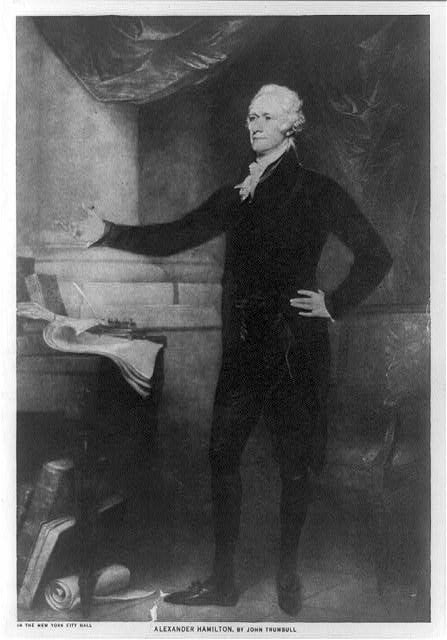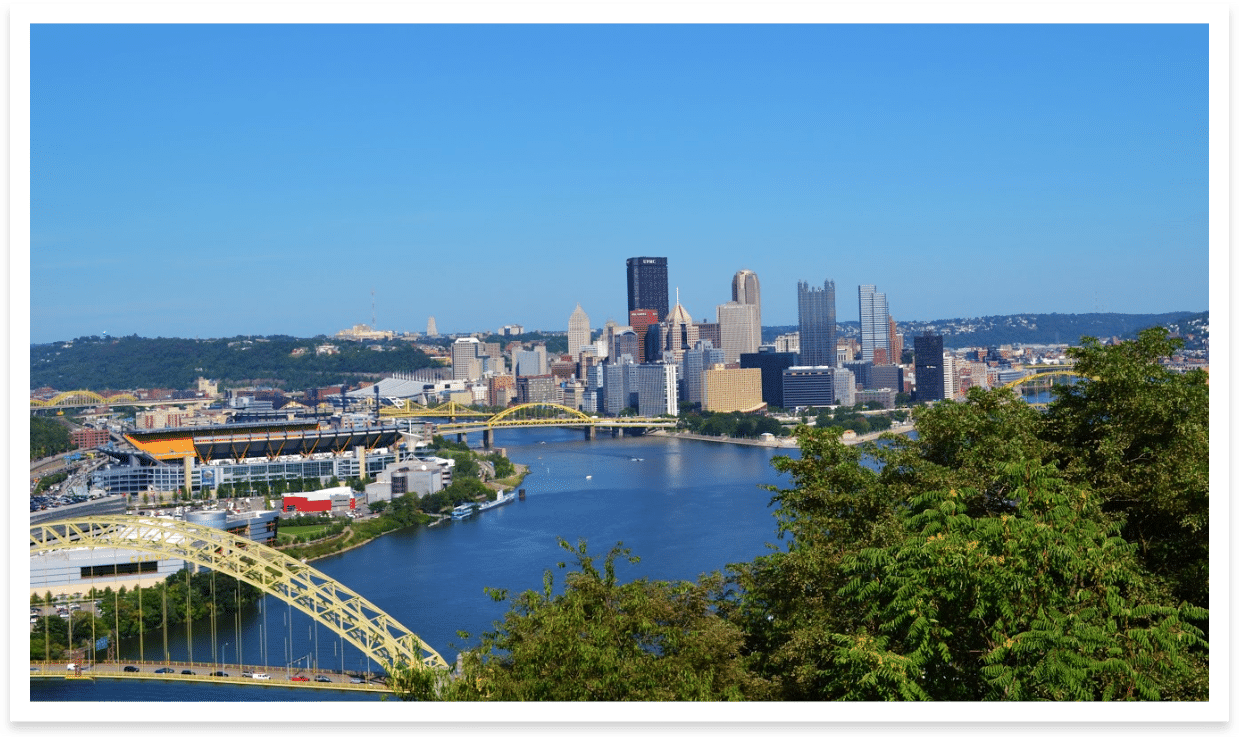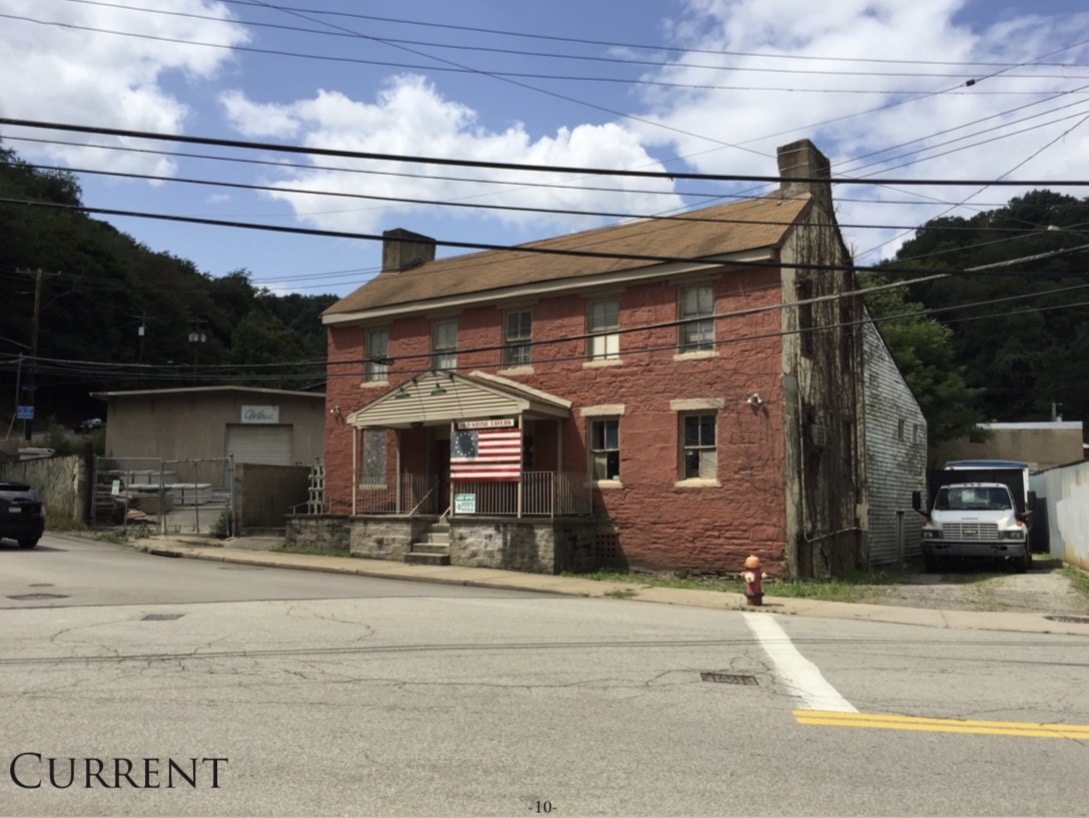You may love whiskey. You may even love the whiskey in our passes, specifically. But have you heard the full story behind our name? The Whiskey Rebellion Trail was inspired by the real events that divided a newly formed nation and created tension between wealthy merchants and poor farmers. It’s a story than spans just a few years, but created a lasting legacy.
In 1789 the United States Constitution was adopted (with compromises, of course). One of these compromises was that the new Federal government would assume the Revolutionary War debts of the 13 states.

That seems like no big deal, right? Wrong! In 1791, persuaded by Alexander Hamilton, George Washington uses new constitutional authority to enact an excise tax on distilled spirits to help pay off national debt. But this tax wasn’t equal opportunity… large distillers were minimally affected, but small farmers who used excess grain to distill whiskey were paying big chunks of change to the new federal government. It also meant they could no longer trade whiskey for goods and services, a means of currency on the western frontier.
This didn’t sit well with them; farmers decided they simply wouldn’t pay it. While many refused to hand over the tax when collectors came calling, others became violent, roughing up and intimidating revenue officers.
In 1792 President Washington decided he had had enough of this harassment. He condemned interference of tax collection, but the violence only escalated, and in 1794 it reached a boiling point. Armed rebels and militiamen confronted revenue collectors in several Pennsylvania counties, leading to death, destruction and destroyed property. In July, 7,000 frontiersmen banded together and marched towards Pittsburgh to stop the collection of the tax.

President Washington took this threat seriously and became the first sitting US President to march against his own statesmen. 13,000 troops rode into Pittsburgh to arrest the rebels. Most are later pardoned, but two are sentenced to hang for their treason. (They were also later pardoned in a very anticlimactic end to this story.)
Though some see the Whiskey Rebellion as a confirmation of the supremacy of Federal law, others see it as the government’s use of an army to stifle opposition to unfair policies.
So tell us, what do you think? Was The Whiskey Rebellion warranted, government overstep or simply the start of the mid-Atlantic’s rise to the birthplace of American whiskey?
Read on in our History section or find passes associated with Washington’s orders, the march against his own men, the height of the rebellion, and the end of the whole ordeal.



Recent Comments